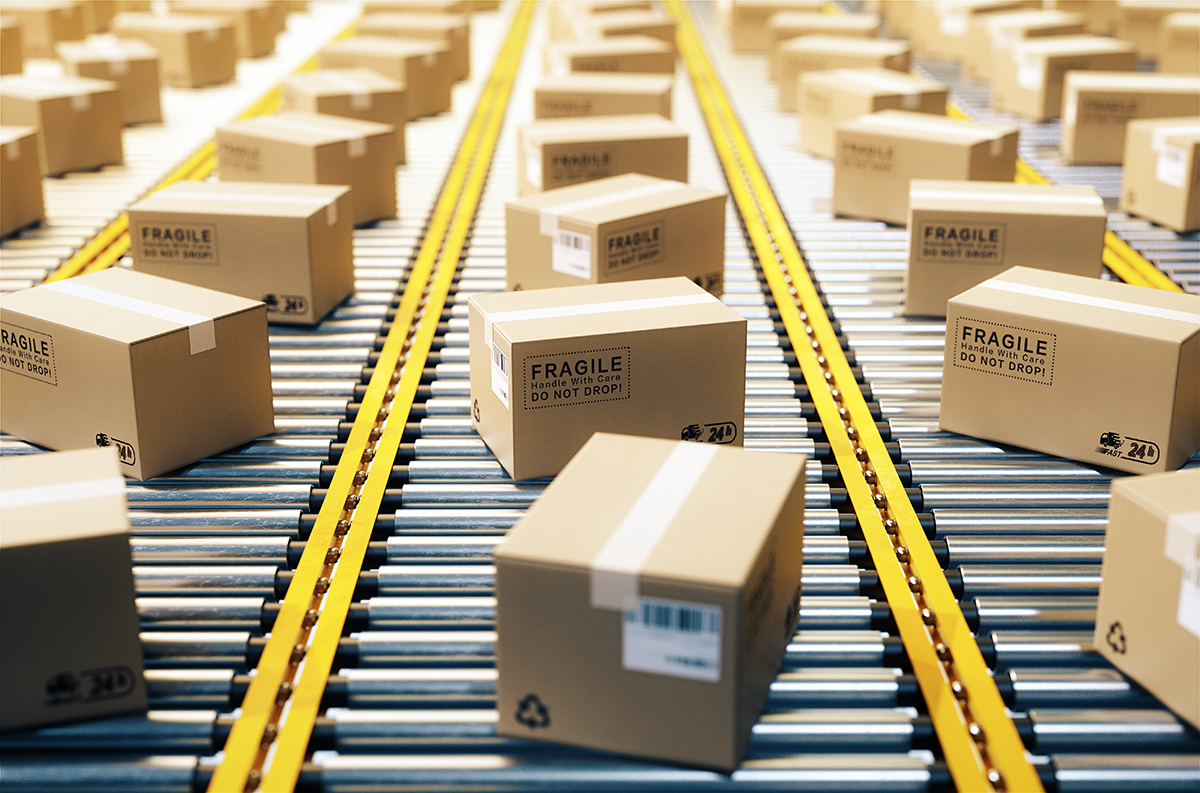Direct Sales: Is it Right for You?
You have a new product and it’s awesome. Your grandma thinks it’s great, your mom and dad love it. You’ve done your market research and you’re ready to sell your product right now—just put it out there and sell, sell, sell.
But you have a third-party marketing group that says, “Wait a minute. We can sell your product for you, sell more units faster and better than you can sell them yourself. Why would you want the headache of sales? Let us help you.”
So, do you try selling direct to consumer? Or do you get some help and sell through other distribution channels?
The Difference Between Direct and Indirect Sales
The difference between direct and indirect sales is one of degree.
As the term implies, direct sales means you sell directly to your customers. To do this, you have to market your product and find your own customers. You’ll need a warehouse, maybe salespeople, and logistics and fulfillment systems.
Channels for direct sales include:
- Online sales (through a website)
- Brick-and-mortar stores
- In-person demos and sales (trade shows and exhibitions)
- Direct marketing (flyers, coupons, email lists)
- Mail order
- Telephone sales
Indirect sales—sometimes called channel sales—involve selling through intermediaries who are basically sales and marketing partners. These include:
- Retailers
- Distributors
- Affiliate partners
- Online stores (like Amazon)
- Direct marketing (through catalogs)
Benefits of Direct Sales
You realize certain financial benefits from direct sales. For one, you’re not having to give away discounts to selling partners. And two, once your sales and distribution process is set up, it tends to be shorter and less costly than using outside channels. Both are good for your margins and bottom line.
Direct sales allows you time to get your product iterations right, get feedback from your customer and make improvements. When you use a distributor, the feedback is not as direct or immediate. And a distributor becomes your customer as well. So if you have a problem with your product, you’re now dealing with two parties who are dissatisfied—which always magnifies the situation in general.
Selling direct gives you a lot more control over your sales, in the volume of sales and how fast you want to grow—or not grow. You can follow your own timetable instead of someone else’s. You also control price setting and how goods are delivered.

Disadvantages of Selling Direct
The biggest issue most entrepreneurs face with direct sales is marketing. They don’t know how to communicate their product’s features and benefits. What problem are you solving for the customer? What is the customer’s return on investment?
Inventors who don’t educate the customer on what the product can do for them—who don’t solve the customer’s pain “out loud”—will see the least amount of success with direct sales. And those dollars you save by selling direct? If you don’t invest them in an outside marketing firm to make sure you’re communicating the right message, you aren’t really saving anything.
Another issue is customer service. If you’re not listening to your customer feedback and addressing issues right away—and doing it right—your brand could take a huge hit. You have to make sure your customer has a product that’s viable and exchange it for a better version if you’ve made a change.
Other possible drawbacks of direct sales include:
- Initial capital investment to cover startup costs and 100% of the financial risk.
- Sacrificing higher volume of unit sales (from distribution channels) for higher margins (from direct sales).
- More time spent managing documentation and marketing by yourself, which means less time for your business and product development.
- Limited channels can mean you’re not able to scale fast enough and you run out of cash.
- Barriers of entry to some markets that might be open to you with other distribution channels that have greater reach and presence.

When to Consider Other Distribution Channels
The typical reason for going with indirect distribution channels is marketing. Outlets like Amazon probably know how to communicate features and benefits of your product better than you do. So unless you’re really good at marketing, or you have a good marketing budget, or a sizeable existing customer base, you might be better off having partners.
Look at your business plan. How fast are you trying to ramp up? What are your capabilities to ramp up your production? What type of support or resources do you have? What do you need?
If a big-box store came to you and said, “We want to buy 2 million units of your product this year,” would that be a blessing or a curse? You’d have to decide whether selling 2 million units at a lower margin would be better for your business than selling 100,000 units at a much higher margin. Do you have the resources to deliver 2 million units? If not, you may need to sell direct and go slow.
If you’re lacking resources or you’re unsure what sales approach to take, you can try some creative solutions:
- You could propose a deal that includes getting help with manufacturing.
- You can sell direct AND get your product listed on Amazon.
- You could have one key distributor AND do direct sales AND sell on Amazon. You can set up multiple channels, mixing and matching according to your business needs. Just be sure to avoid competing with your partners for the same business.
Know Your Strengths and Needs
You need to understand what you’re taking on if you plan on selling direct to consumer. Run the numbers and decide whether selling direct or through indirect channels, or both, serves you best.
If you don’t know what your strengths and weaknesses are as an entrepreneur, it’s going to be hard for you to make that decision. If you’re a whiz at marketing and you don’t need high sales volume, then great—you might want to launch right into direct sales.
Whatever you decide needs to work with your business plan, the stage of your business development and your revenue goals. Grandma may be right—you may have a great product—but it’s not as simple as “sell, sell, sell.”
Manufacturing Mastered
Alotech provides contract manufacturing services efficiently and ethically to small business. In addition to remanufacturing, prototyping, and product development services, we make creative investments in companies. We strive for success so you can too: 919-774-1297
